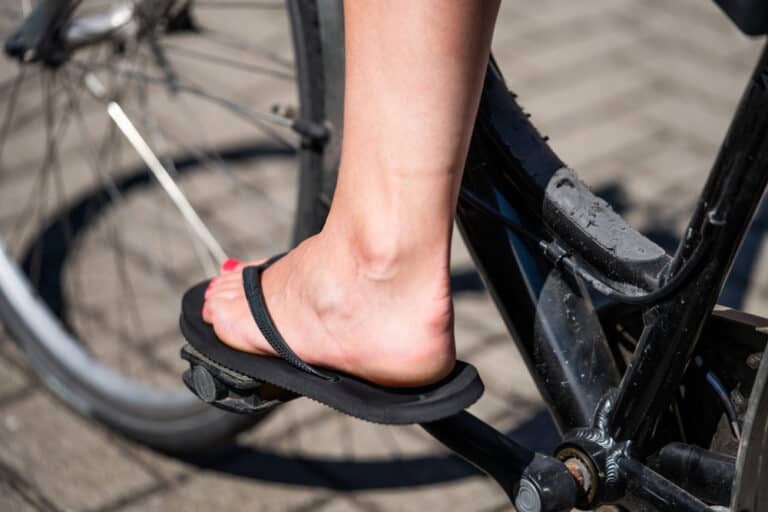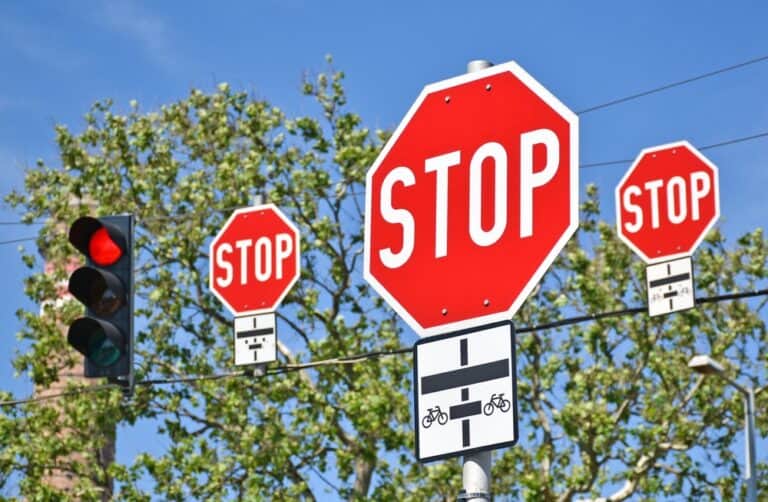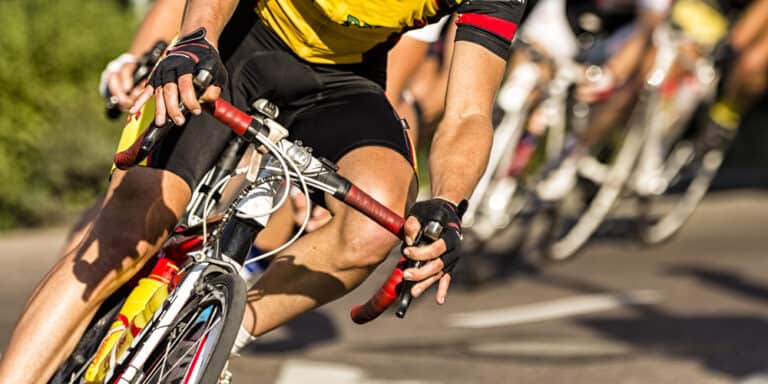Can You Forget How To Ride A Bike?

Most people learn to ride a bike from a young age. Suppose you haven’t ridden one in a while and wonder if it is possible to forget how to ride a bike. In that case, fear not, as there is scientific research that explains whether or not you can forget how to ride a bike. So, can you forget how to ride a bike?
A person cannot forget how to ride a bike. The procedural memory stores the knowledge you acquire about how to ride a bike. This is where information about specific motor and cognitive tasks that are performed physically is stored. Simply put, procedural memory is a collection of how-to information.
Most people start learning how to ride a bike in their childhood. However, as we grow older, most people stop riding and set their bikes aside. Most people only start riding again years later, and when they get on their beloved bike, it’s almost as if they never stopped riding.
Can An Individual Forget How To Ride A Bike?
No, a person cannot forget how to ride a bike. According to scientific research, riding a bike is an unforgettable skill. This may seem surprising as our memory has a tendency to let us down at times. Some motor abilities, such as manipulating chopsticks or riding a bike, seem built into your brain.
Riding a bike comes naturally, and more often than not, you barely have to put much thought into doing it. Therefore, once you learn how to ride a bike and gain enough experience riding one, it becomes something that you will always be able to do.
Some people may feel like they have forgotten because they are unsteady on the bike. This is not the case. After a break, you have not practiced, so the chances of you being unstable on the bike are high. When professional athletes are among the best at what they do, why do they constantly go back to hone the fundamentals?
People need to continually practice in order to maintain peak performance since our frail human bodies and minds forget what riding a bike is like. You’ve probably heard of the term sea legs before. It is the physical and mental conditioning one acquires from spending a lot of time at sea.
One acquires sea legs, the capacity to foresee and respond swiftly to changes in motion as a result of getting used to the swaying, undulating, and wobbling movements of the ship they are on. Sea legs make it possible for one to stand and move about with the exact ease as someone on land. However, if they aren’t on a boat for a long time, the ability to navigate the seas starts to wane.
Driving a car or riding a bike has a similar effect. However, you don’t lose the fundamentals of cycling, like the bike is much more stable when moving quickly than when moving slowly. To regain the sense of motion steadiness that one once had, you must relearn the comfortable balance that comes with many rides.

Why Do We Never Forget How To Ride A Bicycle?
Your unconscious mind is where you learn to ride a bike; it is not your conscious mind. No internal dialogue is conscious when you are riding a bike. You simply don’t learn how to ride a bike the same way you learn a subject when reading a textbook: by memorizing facts and figures you will need to remember.
It’s all about repetition, doing things repeatedly until they get ingrained in the unconscious. Riding a bike requires learning motor skills as you need to learn how to maintain your balance. The reason why we never forget how to ride a bike is due to how the information is stored in our brains. There are two types of long-term memory: procedural and declarative.
When it comes to riding a bike, the information you learn on how to ride a bike is stored in procedural memory. Procedural memory is simply composed of how-to-do things. This is where certain physical tasks that involve cognition and the use of motor skills are stored. This means that the chances of you forgetting how to ride a bike like you would someone’s name are highly slim.
Can Brain Injury Make You Forget How To Ride A Bike?
Suppose you sustain a brain injury. Will that lead to you forgetting how to ride a bike? Even when you have sustained a brain injury, the procedural memory tends to not get compromised. It’s an intriguing phenomenon how people gain motor skills. To understand, one needs to understand the basic biology of motor activity. The basal ganglion is the first stage of planning.
The basal ganglion nuclei are in charge of planning and programming the motor activity of riding a bike. The motor cortex is where the action is carried out. The execution of the intended motor activity is governed by both the prefrontal motor cortex as well as the primary motor cortex. The cerebellum is the coordinating stage. The cerebellum’s nuclei carry out the third stage.
All of the nervous system is involved in the integration stage. When motor skills are learned and mastered, the future execution of those skills becomes an automatic and spontaneous act. Simply put, the basal ganglia is responsible for processing procedural memory and is fairly protected in the brain below the cerebral cortex.
Therefore, even in extreme situations such as amnesia and even dementia, you will still be able to ride a bike, as those types of problems do not affect procedural memory. They affect the declarative memory, a long-term memory responsible for storing information like dates, names, etc. However, it could be very challenging to pick up again if you suffer from inner ear issues or other forms of brain impairment.
Conclusion
As you can see, how to ride a bike isn’t something that you can forget. This is because once a motor skill is learned and stored in long-term memory, it will remain there even if you incur a brain injury.
Reference
https://www.popsci.com/story/science/ride-a-bike-never-forget-neuroscience/







